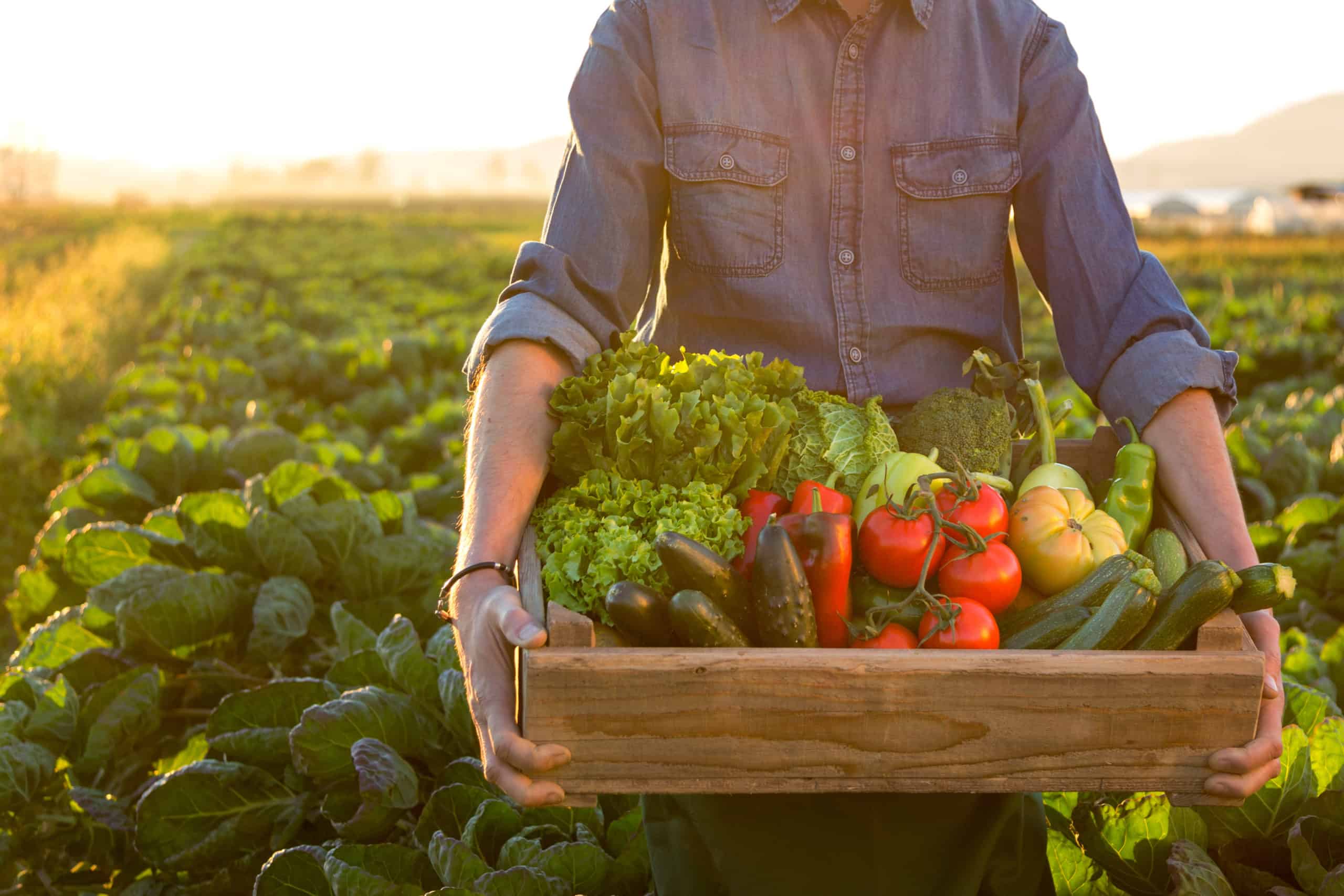Summer is a great time to eat — and plant — fresh veggies, but some are better suited for warm weather than others. Curious what you should add to your vegetable garden this season? Here are a few of our top picks, plus some tips on helping them grow.
Tomatoes
Tomato plants love direct sunlight, so pick a warm spot in your garden that’s out of the shade. It’s also important to give the seedlings plenty of room to grow (the specific amount of space recommended between plants depends on the variety of tomato you’re growing, so be sure to do your research). Finally, if you are starting with a plant rather than a seed, plant deep enough to partially bury the stem — this will allow the plant to sprout additional roots along the stem for added strength.
Cucumbers
Like tomatoes, cucumbers grow best with plenty of sun exposure. For the best-tasting cucumbers, be sure to water regularly, as too little moisture can cause bitterness. Consider adding mulch, such as our ES-2 Mulch, to help regulate the soil temperature and conserve moisture, both of which are essential for growing healthy cucumbers.
Pumpkins and Squashes
For many people, pumpkins and squashes bring to mind images of fall. But to have a garden full of them by Halloween, you have to start in early summer. In addition to adequate warmth, pumpkins and squashes need a constant supply of moisture to grow large and strong. The best time to harvest squash varies greatly by type — summer varieties are best harvested young, but winter varieties should fully mature first.
Peppers
Pepper plants typically need about 18-24 inches of space, and like the other vegetables on this list, peppers do best with plenty of direct sunlight. Peppers should be planted in well-drained, rich soil (our 50-50 Soil Blend is a great option) and also benefit from adding a layer of mulch. It is a good idea to stake or cage taller plant varieties to prevent breakage under the weight of the peppers.
Eggplants
Warm soil is essential for growing eggplants, and they tend to grow well in raised beds and containers. It is best to harvest eggplants young — overripe eggplants are bitter and full of seeds, and letting them grow too long discourages the plant from producing more. Support the plant with stakes as it grows to prevent it from tipping over.
Corn
Corn requires a large share of garden space, though some varieties need less room to grow than others. It also has difficulty competing with weeds, so it is important to continue weeding thoroughly as the plants first begin to grow. Unlike many of the other vegetables on this list, corn does well in nitrogen-rich soil.
Sweet Potatoes
Most types of potatoes prefer cooler growing conditions, but sweet potatoes thrive in warm weather. Although sweet potatoes can tolerate some drought, adequate water will help still help improve their growth. It is, however, important to avoid overwatering, particularly as you get closer to harvest time. Like the other plants on this list, sweet potatoes prefer direct sunlight.
No matter what types of vegetables you grow this summer, you’ll have better luck if you start with healthy soil and nutrient-rich compost. Agromin offers a variety of soil blends and soil amendments to help you get started, and if you have any questions as you go, we’re always here to help.

